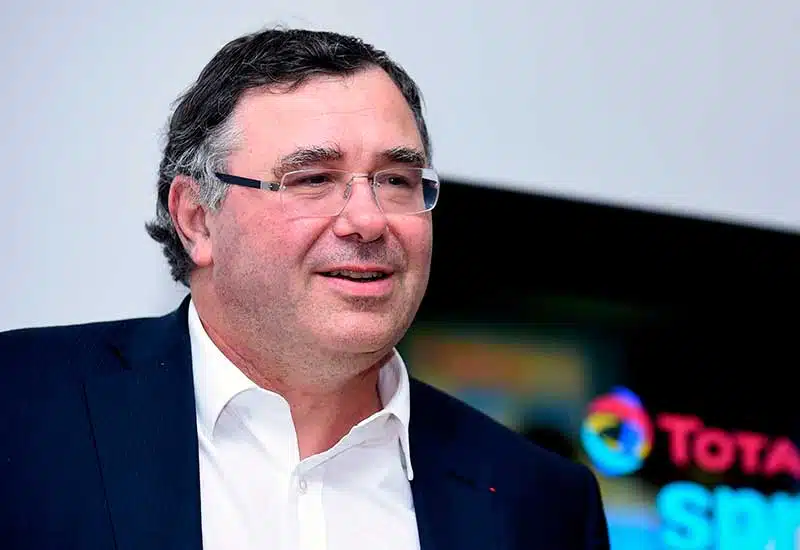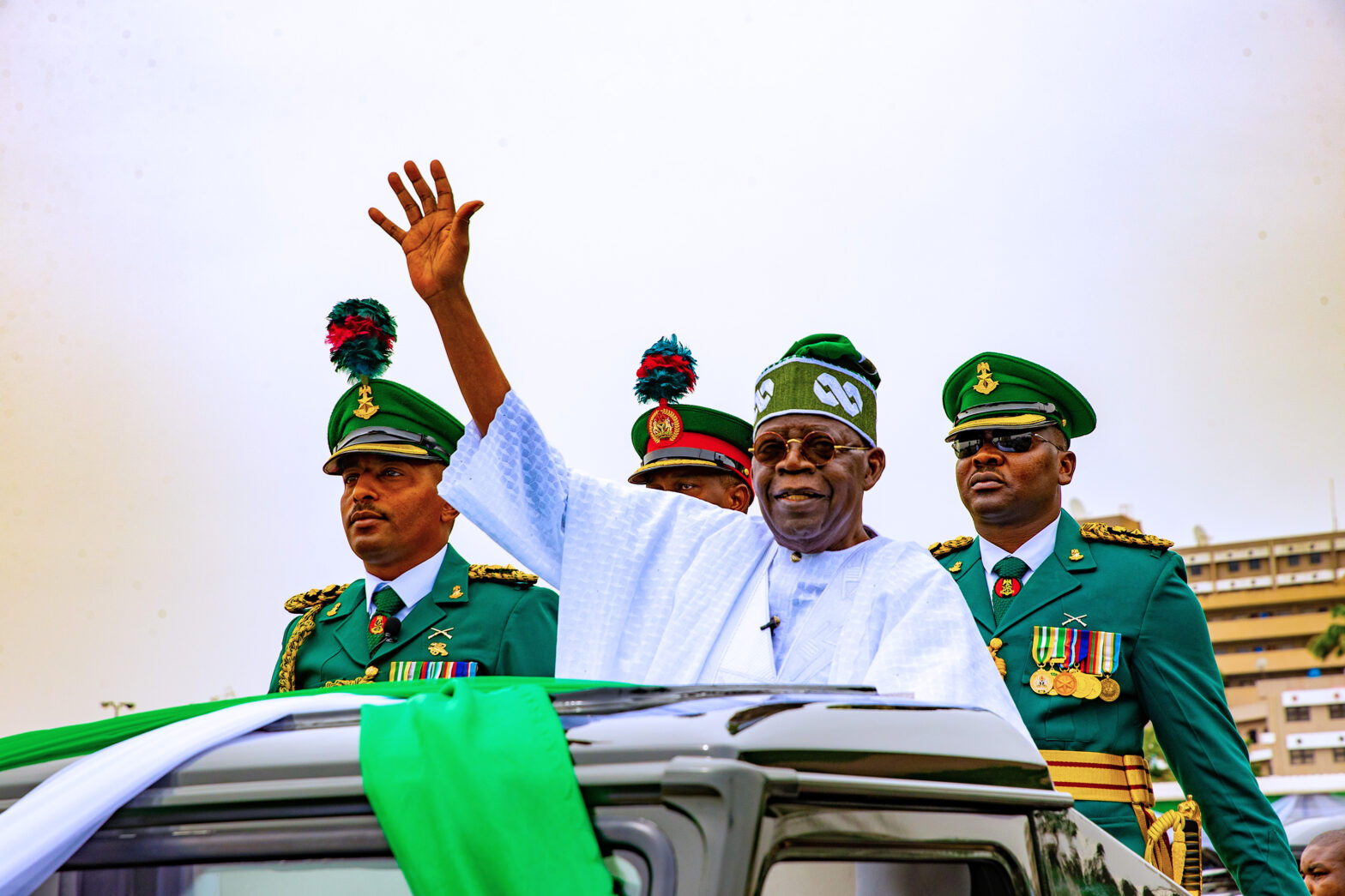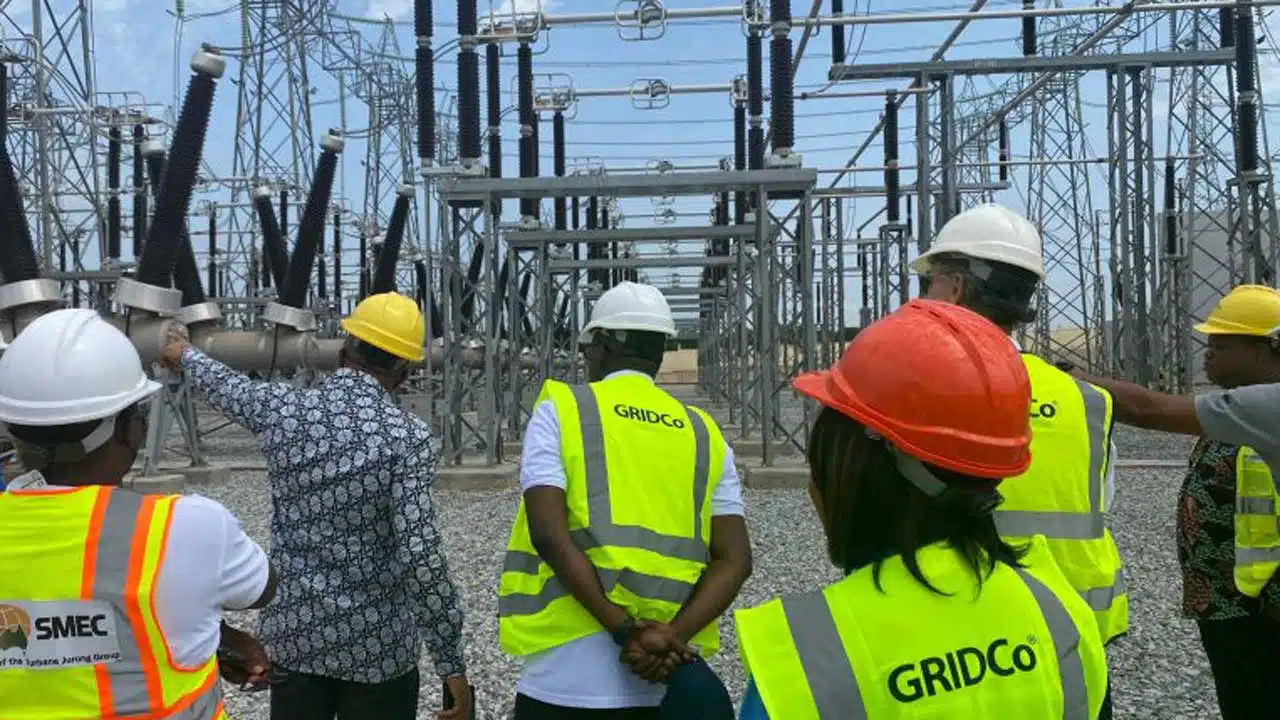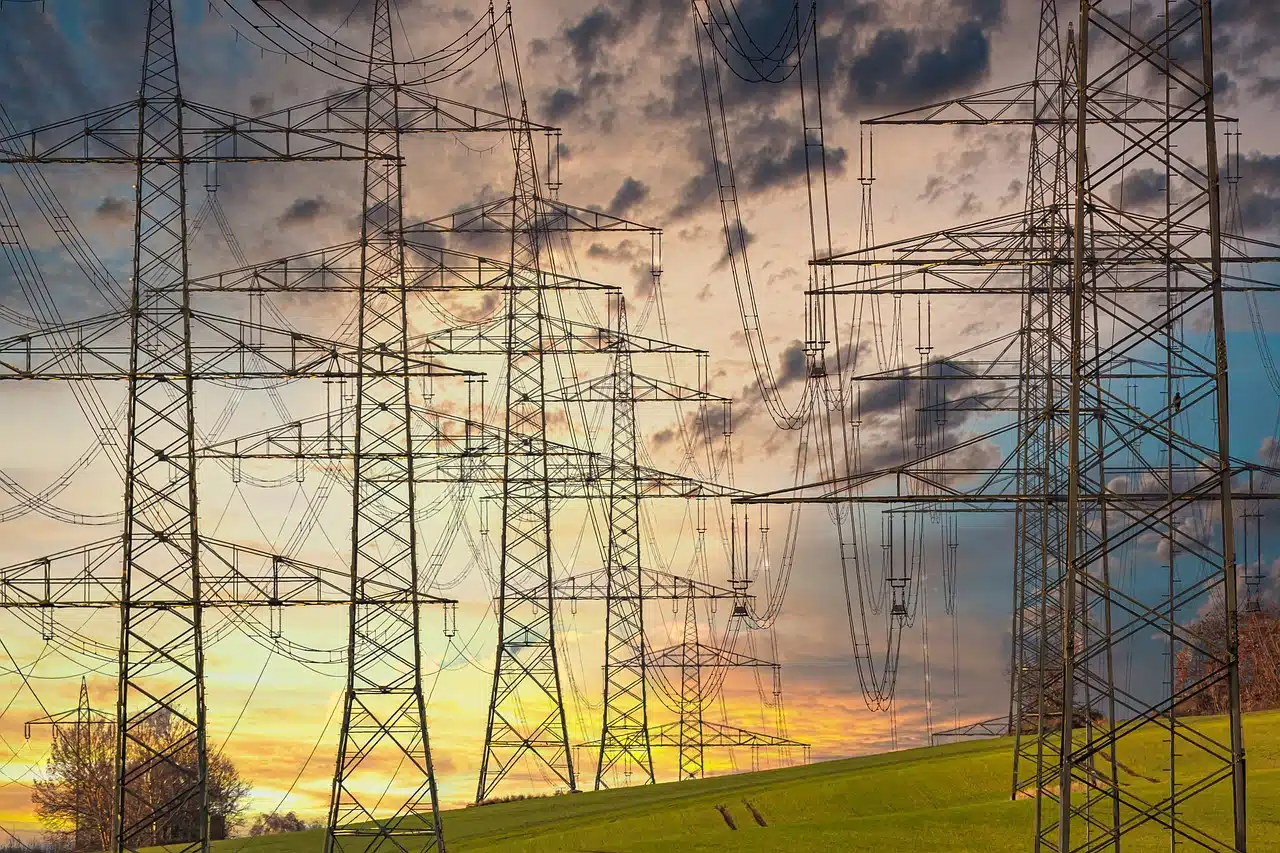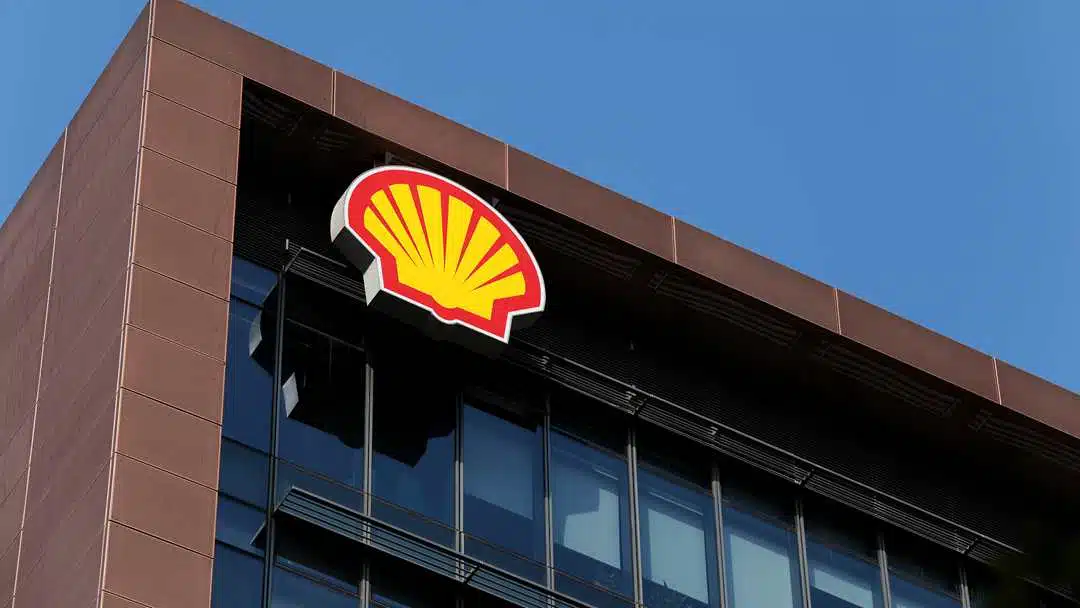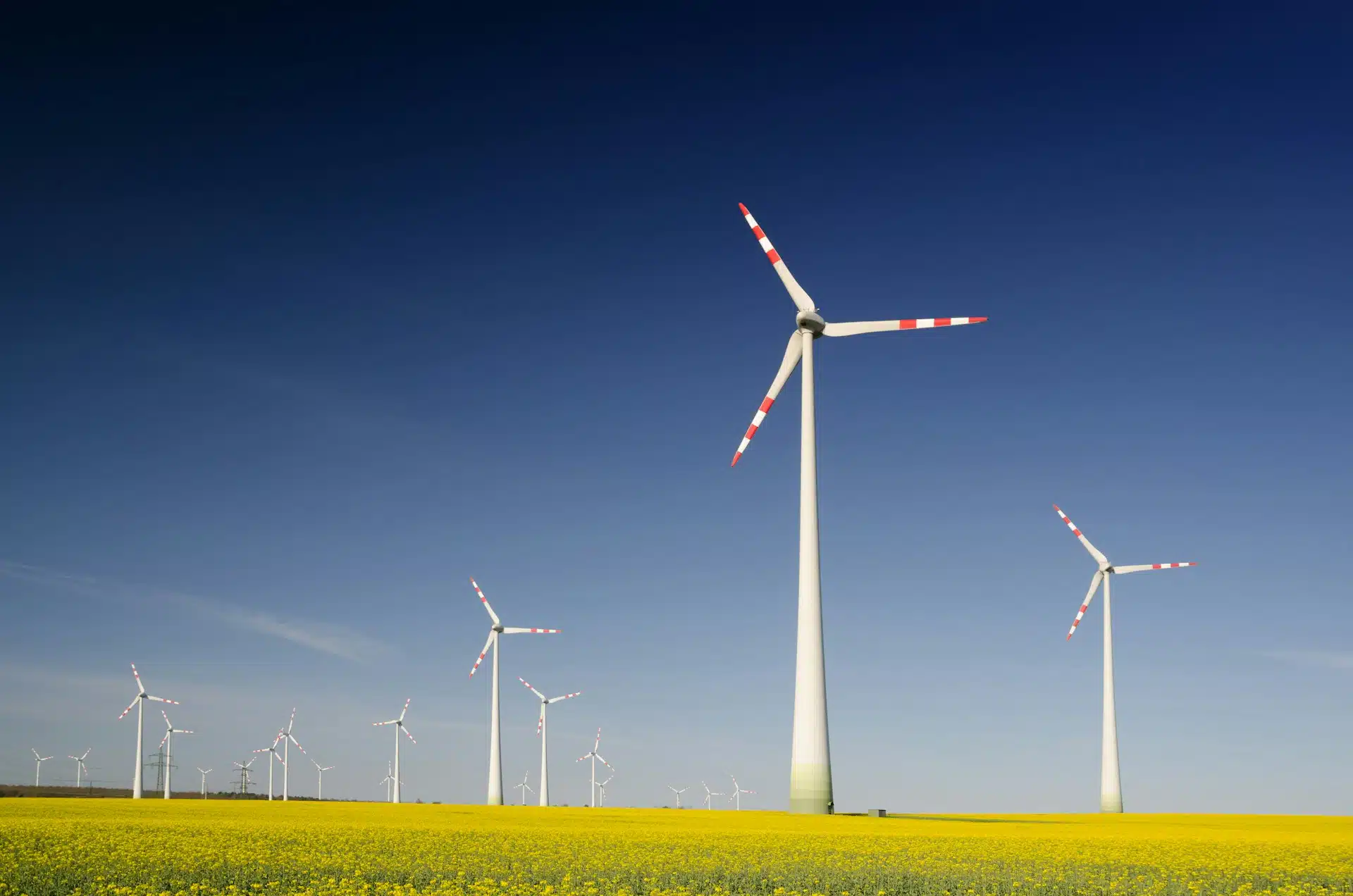The U.S. Export-Import Bank (EXIM) on Thursday, March 13, 2025, approved a $4.7 billion loan to support TotalEnergies’ Mozambique Liquefied Natural Gas (LNG) project.
In January, the French oil major hired Washington-based lobbyist, Primus Responsum, to help lobby for final financing approval from the board of the US Export-Import Bank for its Mozambique LNG project, which has been on hold for years due to security concerns.
The delayed direct loan, unanimously approved by a newly constituted Board of Directors of the Export-Import Bank, holds greater significance than many realize for the energy development project in Africa.
Here are five key aspects of this development:
1. The deal is historic for both Africa and America
The $4.7 billion loan transaction is the single largest deal in US EXIM’s 91-year history and the first major financial investment by the Trump administration in Africa.
Without exaggeration, the Mozambique LNG project has attracted the biggest financing yet seen in Africa. This underscores its strategic importance.
The project also aligns with President Trump’s promises of creating employment opportunities for American workers, prioritizing American jobs in trade, and counteracting the economic impact of the Biden administration’s climate policies.
The US credit agency estimates that the LNG project will support about 16,400 high-paying American jobs.
These jobs will span more than 68 companies across 14 states, including Texas, Louisiana, Oklahoma, New York, and Pennsylvania.
Other states benefiting from the project include Georgia, Tennessee, Florida, Illinois, South Carolina, New Jersey, California, Nevada, and Colorado, along with the District of Columbia.
In addition, thousands of secondary jobs are expected to be created across the country.
2. Revival of a stalled large-scale energy project
Although the complex energy project was originally approved in 2019, the loan’s disbursement was delayed.
Security concerns following Islamist insurgent attacks that killed dozens in Mozambique’s Cabo Delgado province in 2021 forced TotalEnergies to declare force majeure and evacuate all employees from the construction site.
The Mozambique LNG project is an onshore facility designed to monetize the southern African nation’s vast gas discoveries by liquefying and exporting them.
TotalEnergies owns a 26.5% stake in the project, alongside partners from the US and the Netherlands.
3. Strategic importance for both Mozambique and the US
The Mozambique LNG project is crucial for both Mozambique and the United States.
It is set to transform Mozambique’s economy by tapping into the vast gas resources in the Rovuma Basin, one of the world’s most extensive untapped reserves of natural gas.
EXIM’s financing will support U.S. exports to the project’s Area 1 concession, covering approximately 10,000 square kilometers and expected to supply up to 64 trillion cubic feet (TCF) of gas.
Mozambique is obligated to use part of the gas for domestic electricity generation and industrial development, with a positive impact on its economy.
Forecasts suggest that the project could generate a minimum net benefit of $60 billion—more than four times Mozambique’s GDP in 2019.
For the US, the project will facilitate the export of American goods and services for the development and construction of the integrated LNG facility.
More than 60 US firms will be directly involved in the engineering, procurement, and construction (EPC) of the onshore LNG plant, related facilities, and offshore activities.
4. A major US win against China and Russia
The US government views this re-approved 2019 deal as a crucial transaction that strengthens its position against economic rivals.
Before US intervention, China and Russia were expected to finance the Mozambican LNG project. However, during his first term, President Trump intervened to exclude both nations from the deal.
He swiftly sent the funding request to Congress on August 22, 2019. Following public scrutiny, the EXIM Board of Directors approved the request on September 26, 2019—just 35 days later.
According to EXIM Acting Vice Chairman Jim Burrows, the transaction enables the US to “compete in a world where at least 115 foreign export credit agencies are proactively furthering their governments’ national interests.”
EXIM Board Director Spencer Bachus III added, “At a time when EXIM’s financing support is vital to the U.S. supply chain, this vote to authorize an amendment to the Mozambique LNG project reinforces the fact that U.S. manufacturers require a diversified portfolio of domestic and international export projects to remain competitive and viable.”
5. The deal involves multiple international funders
The TotalEnergies LNG project in Mozambique is a large-scale development estimated to cost $20 billion, involving international partners from the US, UK, and the Netherlands.
EXIM’s substantial loan approval accounts for the largest share of the $20 billion needed for the project.
The decision may encourage other export credit agencies to renew their financial commitments, though a Financial Times report indicated that the UK government was considering withdrawing its financing.
This loan approval is a pivotal step in advancing the LNG project and could further solidify Mozambique’s status as a significant global LNG exporter.
The borrower of the $4.7 billion EXIM loan is Mozambique LNG1 Financing Company Ltd, originally owned by Occidental Petroleum Corporation. TotalEnergies later acquired the financing firm after Occidental sold its African assets.
The direct loan will be repaid by TotalEnergies to the US Treasury, along with an additional $600 million in interest and fees.
The EXIM Bank facilitates medium- to long-term loans, loan guarantees, and insurance for export-oriented projects in sectors considered critical to US national security.
As of January 20, 2025, when President Trump assumed office, the agency had already earmarked $34 billion of the $135 billion approved by the US Congress, leaving approximately $101 billion available to support future transactions.
This LNG project, aside from undergoing a robust due diligence review, is structured to support the export of US equipment and services without harming domestic LNG production.
In other words, foreign projects funded by US EXIM must have a net positive impact on the US economy.

